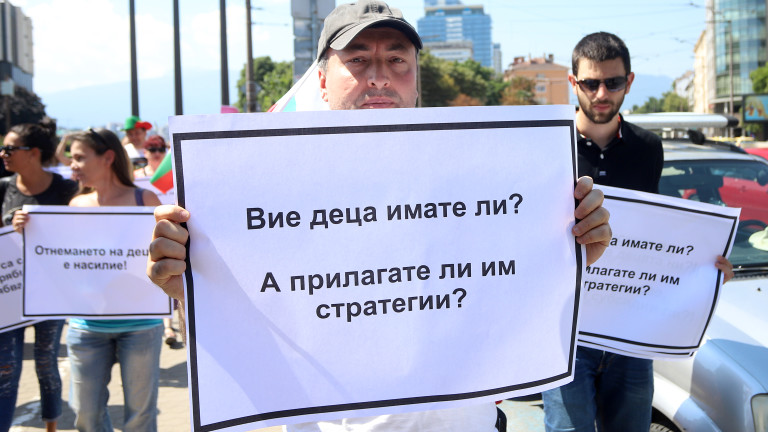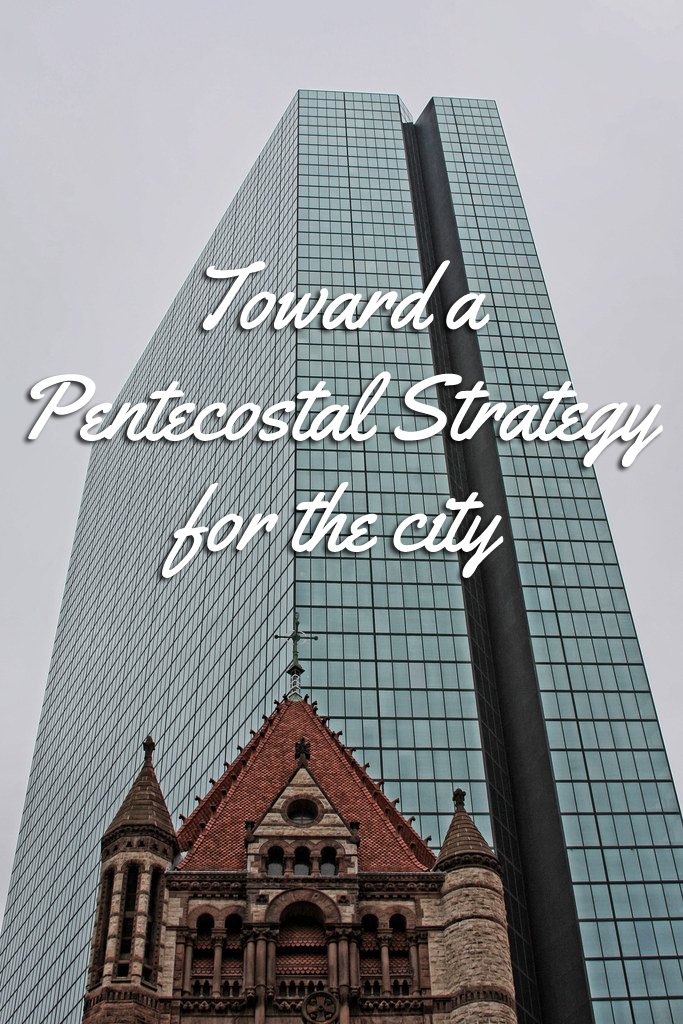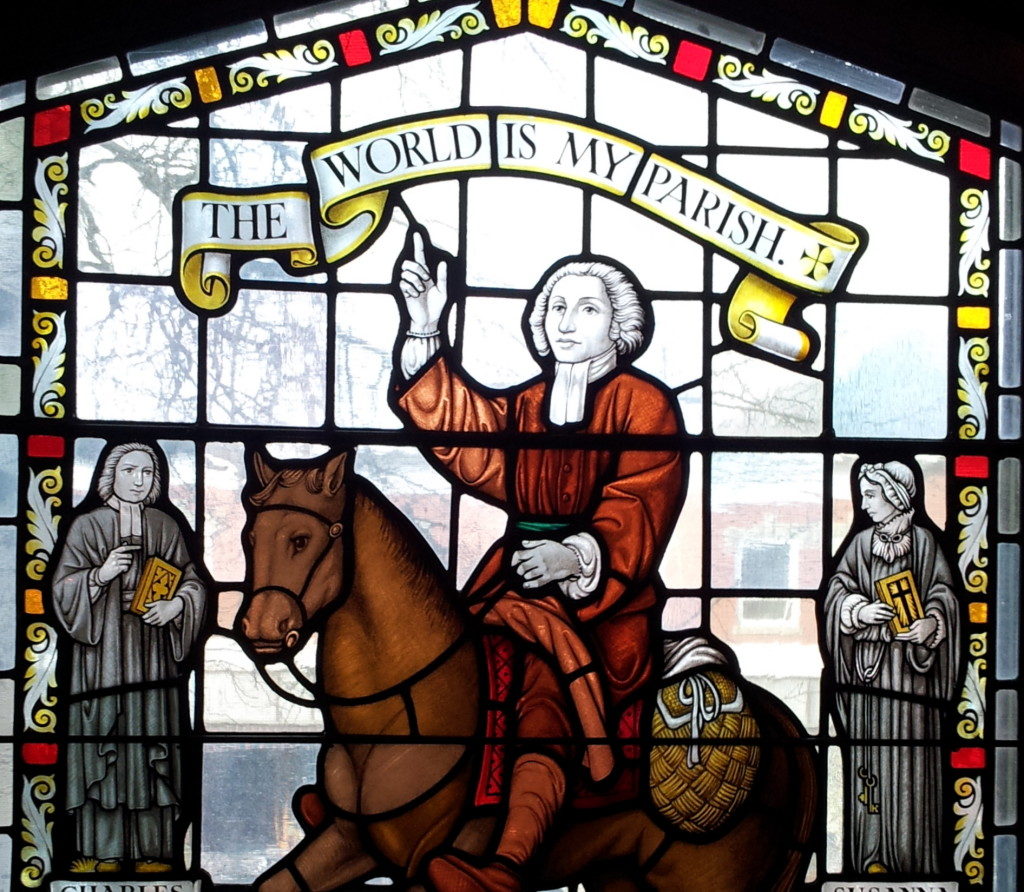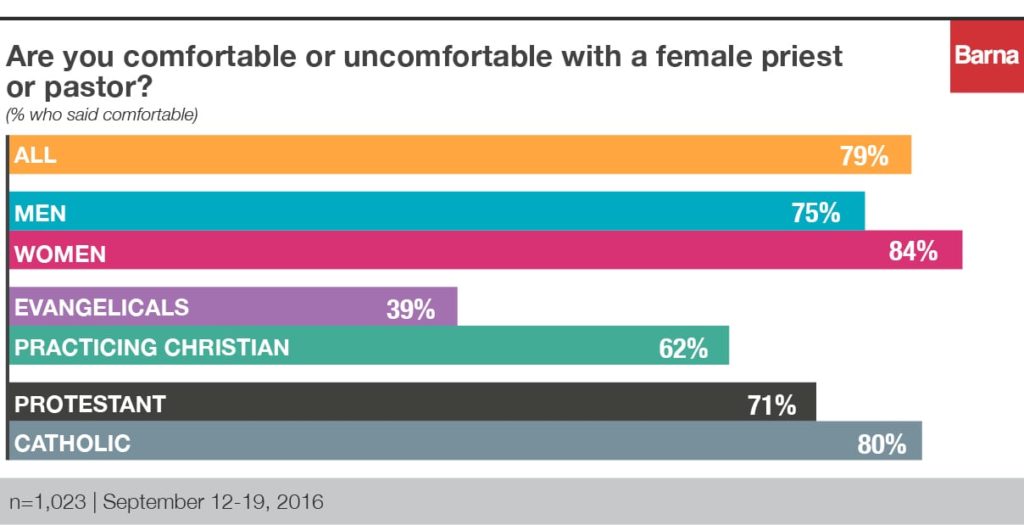Bulgarian Churches Protest against new Child Protection Policy
Several of our students who graduated from our chaplaincy program in Bulgaria about a decade ago, are among the lead organizers of a massive international wave of protests against a new package of child protection laws similar to Norway’s Barnevernet concept. The start is given in Sofia, Capital city of Bulgaria, where people are very unhappy about a new ideological concept of child protection policy which infringes upon the rights of the parents and the integrity of natural family. The protest will be organized through the whole month of September 2019 in many cities of Bulgaria and in other cities throughout the world with many parents turned into grassroots pro-family activists.
The new legal provisions in Bulgaria
Thus, according to the new laws, Bulgarian activists say that:
- multidisciplinary teams (police, social workers, psychologists) will be able to enter people’s homes without a court order and remove children even based on anonymous calls saying the child is neglected or abused
- then the child is placed into foster care via administrative procedure until brought to court, which can take months and in some cases years
- from then onwards, under certain conditions of the law and through non-governmental organizations, the removed child can be adopted by people from all over the world
- after international adoption, the biological family will never see that child again (personal data such as personal ID number, certificate of birth will be changed).
Our information is that Romanian law also includes some similar provisions, but there is still little institutional capacity to implement them. NGOs are already involved in social services and even adoptions in Romania, only that this is little known to the public.
The new concept and ideology was heavily promoted in Bulgaria through Norwegian grants and that is why in some cities the protests will be held in the front of Norway’s embassies and consulates.
„We are worried that Norways has heavily invested in Bulgaria. Our politicians are ready to sell our country’s children. We are a small country, we shall never be England or Germany, so we shall never have their standards of living. And yet they are already removing Bulgarian children from their families based on the reason of poverty. And the Social Services Law adopted in March 2019 will be in force starting from January 1st, 2020”, state the organizers.
Protests are taking place in September in Bulgaria, Germany, Poland, Italy, Canada, Austria, Ireland, Serbia, New Zeeland, Denmark, Lithuania, USA and even Norway.
It all started with a Child Strategy
In 2018, in Bulgaria, 152 NGOs were non-transparently financed outside the country to propose “The National Strategy for the Child 2019-2030”, under the slogan “All rights for all children”. It was forwarded to policy makers and decisional factors.
The strategy was based on the following presuppositions:
- all parents are incompetent and incapable and are potential abusers for their children (mentally and physically)
- only the state and NGOs have the right to decide regarding children and children will appropriately develop and thrive only under their expert care.
The strategy has the following characteristics:
- comprehensiveness of object (it targets all children at conception, no matter whether they are in a need, abandoned or injured, “the strategy targets the three stages of childhood, as a period of the entire human life cycle” – pregnancy and early childhood; childhood; teenage years).
- conflicts with the Bulgarian Constitution (Article 47): the “raising and upbringing of children“ is the “right and obligation of their parents,“ and the state’s role in this process is to assist them, not replace them.
- adopts the child-centered model (from the third protocol of the UN Convention, which has NOT been ratified by Bulgaria) – authorizing the child, regardless of the age and maturity, to make decisions and receive social services and counseling without PARENTAL CONSENT.
- defines the child as a separate entity, with separate rights, which is contrary to Bulgarian law, ignoring terms such as: minor, juvenile, parent, guardian/custodian, etc.
After a national protest in 30 Bulgarian cities, on May 11, 2019, Bulgaria’s Prime Minister stated: “There will be no Strategy, I will order the Minister of Labor and Social Policy to reiterate in the morning, lunchtime and evening at the briefing that there is no Strategy for the Children”.
Despite his words, the ideas embedded in the supposedly annulled Strategy are being passed as laws and regulations, changes and amendments that are even contrary to the Bulgarian Supreme Law and also contradict AIN principles enshrined in the European Convention on Human Rights. The ideas in the spirit of the Strategy were pushed into changes in 28 laws (starting with the Child Protection Act) and a passing of a whole new law – the Social Services Act.
Working for the benefit of various non-governmental organizations that promote gender ideology and sexual education, the Law on Social Services was adopted in March 2019 effective January 1, 2020.
„With this law, we have the complete abdication of the state, which openly admits that it is incapable of fulfilling its purpose. The social functions of the state are transferred to private organizations, often international ones (and there is no clear requirement for them to be licensed in Bulgaria). Moreover, every child is their target, not just children in need… The law is working for the benefit of various non-governmental organizations promoting gender ideologies as well as early sexual education.”
Bulgarian activists have now reached over 175,000 concerned citizens, both Bulgarians and foreigners living in Bulgaria. There have been numerous information campaigns and protests in over 30 cities across the nation, which have, unfortunately, been widely ignored by the media and politicians alike.
The Strategy and the new approach to Social and Child Services are based on the Norwegian Model and heavily funded by Norway and its grant mechanism. In the name of “the rights of the child,” politicians, lawmakers and NGOs are busy working to undermine what Bulgarians hold dear: the traditional family and the role of the parents.
Toward a Pentecostal Strategy for the City
Toward a Pentecostal Strategy for the City
One of the questions that seems to come up in this course discussion is how to change the world around us with a more positive and effective approach toward using the Gospel of Salvation. In this particular module, the difficulty addressed is ethnocentricity. The particularity of our search then arrives at the more detailed question, how can we change the culture (respectively subcultures) of our church congregations? This is a drastic move from a closed circle toward an outreach community that many congregations are unable to accomplish. How do we then empower such congregations to be transformed into cultural reach-outs to a single ethnos or multiple ethnic groups?
Problem
The problem in the first quarter of the 21st century has been incongruity of our church strategy with the times we live in and the mindset they occupy. We’ve been preparing the church for the multicultural battle, all and while we should have been equipping the saints how to rebuild the walls since the battle has been lost.
We’ve been equipping leaders for the ministry while the church ship has been sinking only to end up with well trained captains of a sunken fleet. And in a doomed attempt to reconcile the reality of the ministry with their training, they have turned to wave walkers who briefly surface for breaths of fresh air during Sunday worship only to return to the deep blue walk of their daily ministry never finding their lost piece of eight.
For the battle was lost long ago before the present generation of ministers ever came to existence. They know not the battle. They’ve only seen the ruins that were left within the broken walls of the church. And they have been struggling to reconcile the incomputable of what church eldership has been teaching them to battle against with the Nehemiah calling for restoration, which God has placed upon them. For the answer has never been in building a New Jerusalem for a fresh start, but restoring the old Jerusalem and its former glory to a new state that reclaims our history and heritage.
Context
Recent analysis of migrant churches in the United States reveals that the predominant majority of them are located in cities which have a high influxation and concentration of immigrants. Such localities are called “gateway cities”. Immigrants typically enter the United States through one of these cities and settle there. These areas contain over half of the foreign-born population in the United States as follows:
- New York, NY – Foreign born population 18.7%
- Los Angeles, CA – Foreign born population 27.1%
- Houston, TX – Foreign born population 12.3%
- Washington, DC – Foreign born population 8.6%
- Miami, FL – Foreign born population 33.6%
- Chicago, IL – Foreign born population 11.1%
- San Francisco, CA – Foreign born population 20.0%
Strategy
Asking the right questions is important, but the answers cannot be generic for all ethnic groups or cultural settings. There is a strong need to be flexible and observe changes in culture, but not to change the message of the Gospel or compromise our witness. Several common things are noted in any cultural setting where our ministry is involved:
First and foremost, people of all cultures prefer to be personal with a purpose, rather than being project driven. No one longs to be part of someone else’s project. Yet, our very existence demands personal purpose, which could serve as a great cultural catalyst in a church ministry.
Secondly, cross cultural ministry is not done merely on relationships, but on being real in the relationships. The greatest halt of ministry work is when people realize the relationship with the church has not been a real one, but merely a part of a program or a paradigm.
Finally, our cross cultural model for ministry should not be just salvation oriented, but soul oriented. There is a great difference between writing down the number of saved every Sunday and actually caring for the eternal well-being of the saved souls. In fact, this is so fundamentally determinative that it should be the goal in mind of every new church plant.
REVIVAL MUST GO ON…
In 2020, we will be celebrating 30 years in ministry. Twenty of them alone were spent in America where we have held some 3,000 services across 25+ different states. In these three decades, I have seen genuine revival with the Glory of God moving in only twice.
The first time was in 1990, right after the fall of the Berlin Wall in Bulgaria, when our youth group of a dozen students grew up to 300 during the spring semester alone. One of those nights, 26 young people literally walked through the door of the small hall we were renting, gave their lives to the Lord and were baptized with the Holy Spirit – all of them on the spot in that one service. I can still remember them all speaking in tongues and none of us knowing what just hit us. As the visible glory of God descended upon us, we were not able to shut down the service till well after midnight. We got written up for breaking curfew, but our names were written in Heaven.
The second time was at the turn of the century when in the summer of 1999 the Lord opened doors to preach over 20 revivals. I started seminary in the fall and travelled back to South Carolina literally every weekend that first semester just to finish all scheduled preaching appointments. Some of the readers of this letter well remember that one or more of those meetings were in your church. And I have been praying for the same move of God since then.
Though we have had similar trends in our ministry in 2014 and then at the start of 2017, it was only this year again that I am seeing the signs of a great revival taking place just like in 1989 and 1999. More and more ministers we contact share the same feel for another great revival and after much prayer, fasting and anticipation I have become convinced that God is on the move in 2019.
For these reasons, we are approaching this season of Revival Harvest Campaign in 2019-2020 with great anticipation. We urge you to pray along with us and seek the will of the Lord – what is it that He wants us to do in this season of upcoming Revival? A move of God of such magnitude and rarity should not be taken lightly!
30 Days of Prayer and Fasting in 2019
August 30, 2019 by Cup&Cross
Filed under Featured, News, Publication, Research
Week 1
September 1, 2006 – Restoration of the Backslidden
September 2, 2006 – Church Leadership: Bulgarian Pastors and Ministers
Week 2
September 3, 2006 – National Revival in Bulgaria
September 4, 2006 – Spiritual and Physical Harvests
September 5, 2006 – Restoration of Protestant Evangelical Heritage
September 6, 2006 – Unification of the Bulgarian Nation and the Bulgarian Church (In observance of Unification Day in Bulgaria)
September 7, 2006 – Renewal of Family Ties
September 8, 2006 – Child Protection
September 9, 2006 – Mission Work
Week 3
September 10, 2006 – The Hopeless (In observance of World Suicide Prevention Day)
September 11, 2006 – Against Fear (In observance of Patriot Day in the United States)
September 12, 2006 – Sexual Purity and Biblical Moral Principles in the Bulgarian Society
September 13, 2006 – Sanctification and Prayer for Restoration of Holiness in the Bulgarian Church
September 14, 2006 – Return Toward Evangelical Roots
September 15, 2006 – Students of Bulgaria (In observance of the first day of school in Bulgaria)
September 16, 2006 – National Day of Fasting for the Bulgarian Evangelical Movement
Week 4
September 17, 2006 – The Country of Bulgaria
September 18, 2006 – National Prosperity
September 19, 2006 – Abortion Prevention and Prayer for Mothers Who Have Had an Abortion (In observance of Abortion Prevention Day in Bulgaria)
September 20, 2006 – Deliverance from Addictions (In observance of the National Addiction Counselors’ Day)
September 21, 2006 – World Peace (In observance of the International Day of Peace)
September 22, 2006 – Spiritual Freedom (In observance of Independence Day in Bulgaria)
September 23, 2006 – Spirit of Forgiveness
Week 5
September 24, 2006 – Restoring of Friendships and Relationships (In observance of National Good Neighbor Day)
September 25, 2006 – Against Stress and Results of Stress
September 26, 2006 – Physical Healing and Deliverance
September 27, 2006 – Peace for Israel
September 28, 2006 – A Fresh Anointing
September 29, 2006 – The Persecuted Believers
September 30, 2006 – Strength and Endurance
The world is my parish
New Wesley Room at Bristol
Here is a bit more about the building from the Methodist Heritage Organization:
George Whitefield invited John Wesley to preach outdoors for the first time to the miners of Bristol in 1739. Within a few weeks’ work started on building the New Room as a meeting place for two of the religious societies in the city, thus creating the world’s first Methodist building.
The current building dates from 1748 when the New Room was doubled in size. Its lower floor became known as John Wesley’s Chapel. It is still in regular use for worship as well as being used for cultural and educational activities and exhibitions. Upstairs John Wesley created twelve rooms around a beautiful central octagonal window. These provided accommodation for himself and any visiting preachers assigned to the Bristol circuit. They now contain a highly interactive Museum devoted to telling the story of John and Charles Wesley and the relevance of their work today.
Being well placed in the heart of the city, the New Room became a center for the Wesleys’ work in Bristol. It was where John’s strong sense of social justice was first expressed. The New Room became a base for running a school for the poor, for providing food and clothes to the needy, for offering free medical care to the sick, and for helping those in the nearby prison. It was also the first place to use John Wesley’s ‘class’ system, where members were divided into sub-groups for mutual support and development. The New Room has been described as ‘the cradle of Methodism’.
The New Room was one of John Wesley’s three key centers. Many of the annual conferences were held there, including the one that first created Methodist circuits. Bristol’s trading links encouraged the growth of American Methodism. Thomas Webb, Francis Asbury, and others committed themselves to working there and sailed from nearby.
Encouraged by the Diary of JOHN WESLEY
O HOLY GOD we, have come to a point where
pastors text and post on facebook during sermon hour while thousands are going to hell in a hand basket while listening to a sermon
teachers be sipping a beer with friends on Saturday night and get up to teach Sunday school on Sunday morning still with alcohol on their breath
seminary professors teaching it is OK to drink in the Bible during the so called Theology on Tap meetings in a local pub
lonely pastors sitting in their cars shooting whiskey in the darkness of the church parking lot after preaching 2-3 services on Sunday
preachers are concerned with every social, political and cultural issues except the salvation of eternal human souls
We read the story in Wesley’s journal:
Sunday, 7.-–I preached again at St. Lawrence’s in the morning, and afterward at St. Katherine Cree’s Church. I was enabled to speak strong words at both; and was therefore the less surprised at being informed that I was not to preach any more in either of those churches.
The following weekend – Sunday, 14.–I preached in the morning at St. Ann’s, Aldersgate; and in the afternoon at the Savoy Chapel on free salvation by faith in the blood of Christ.
I was quickly apprised that at St. Ann’s, likewise, I am to preach no more.
I preached at St. John’s, Wapping at 3PM and at St. Bennett’s, Paul’s Wharf, in the evening.
At these churches, likewise, I am to preach no more
THEN HE WRITES:
Monday, Tuesday, and Wednesday, I had continual sorrow and heaviness in my heart.
BUT THEN Wednesday, May 24.– about five this morning that I opened my Testament on those words
“There are given unto us exceeding great and precious promises, even that ye should be partakers of the divine nature” [II Peter 1:4].
Just as I went out, I opened it again on
those words, “Thou art not far from the kingdom of God” [Mark 12:34].
In the afternoon I was asked to go to St. Paul’s. The anthem was, “Out
of the deep have I called unto Thee, O Lord: Lord, hear my voice. Oh,
let Thine ears consider well the voice of my complaint
“I Felt My Heart Strangely Warmed”
In the evening I went very unwillingly to a society in Aldersgate Street where one was reading Luther’s preface to the Epistle to the Romans. About a quarter before nine, while he was describing the change
which God works in the heart through faith in Christ, I felt my heart strangely warmed.
I felt I did trust in Christ, Christ alone, for salvation; and an assurance was given me that He had taken away my sins, even mine, and saved me from the law of sin and death.
I began to pray with all my might for those who had in a more especial
manner despitefully used me and persecuted me.
I then testified openly to all there what I now first felt in my heart
Banned from most churches in the area, he meets with Whitfield who has just returned from America
Whitfield tells him they can minister in the fields like they did in America
Thursday, 29th –-I left London as I could scarcely reconcile myself at first to this strange way of preaching in the fields, of which Whitfield set me an example on Sunday;
I had been all my life (till very lately) so tenacious of every point relating to decency and order
that I should have thought the saving of souls almost a sin if it had not been done in a church.
Monday, 2.--At four in the afternoon, I submitted to be more vile and proclaimed in the highways the glad tidings of salvation, speaking from a little eminence in a ground adjoining to the city where gathered 3,000 people
Sunday, 8.--At seven in the morning I preached to about a thousand persons at Bristol, and afterward to about fifteen hundred on the top of the Mount in Kingswood.
Tuesday, 17.–At 5 in the afternoon I was at a little society in the Back Lane. The room in which we were was propped beneath, but the weight of people made the floor give way; so in the very beginning of PREACHING the post which propped it fell down with a great noise.
NEVERTHELESS the floor sank no farther; so that, after a little surprise at first, they quietly attended to the words that were spoken.”
The ORIGINAL Barney Creek Stones of Spurling
Even though not intending to form a new church or denomination, their rejection of Landmarkist values placed them in conflict with traditional churches in that area. Within a short period of time it became clear that they would not be allowed to remain as members of their churches. On August 19, 1886, after being barred from his local Baptist church, he and eight others organized the Christian Union at the Barney Creek Meeting House in Monroe County, Tennessee. They agreed to free themselves from man-made creeds and unite upon the principles of the New Testament. Between 1889 and 1895, Spurling organized three other congregations, all with the name Christian Union and functioning independently under Baptist polity. While this group would later disband and its members return to their original churches, the Church of God traces its origins to this 1886 meeting.
THE COMMITMENT to follow a biblical pattern of Church government has shaped the Church of God from our founding in 1886. R.G. Spurling called for Christian Union members to “take the New Testament, or law of Christ, as your only rule of faith and practice.” His invitation was to give “each other equal rights and privilege to read and interpret for yourselves as your conscience may dictate” and to sit “together as the Church of God to transact business [as] the same…” (Tomlinson, Last Great Conflict, pp. 185-86).
Birchland Ocoee Farms Offers Hub for Local Economy
Birchland Ocoee Farms, home of popular River Maze is located at 1371 US-64 in Benton, TN on the banks of the Ocoee, “where the river flows, and memories grow!” It is a family farm of four generations that is owned and operated by Joe and Dianne Fetzer. Opening day is September 21st when the Farm will host the annual Dinner by the River, a community event that showcases food that is produced by local farmers and businesses.
Among those that will participate in Dinner by the River this year are Appalachian Bee owned by Diane Raven in Ocoee, Apple Valley Orchard operated by Chuck McSpadden in Cleveland, Trew Organic Farms, owned by Bill Trew of Ocoee, Sandy Hood’s Pick-Your-Own Blueberry Patch of Benton, Blackberry Hills Bakery owned by Barbara Leonard of Old Fort, Lamon Farms owned by Randall Lamon of Cleveland, Hoe Hop Valley Farm operated by Walter and Candyce Bates of Parksville, Cookson Creek Farm in Ocoee operated by Clarence and Debbie Hair, The Rafting Goat owned by Mack Haynes of Old Fort, Sannie Mae’s Heirloom Foods of Benton, Rowe Family Farms, and Birchland Ocoee Farms. The dessert makers and event planners are Elois Ledford and Kayla Green from Bakery on Main of Benton. The chefs are Kevin and Dana Caylor of The Crepe Outdoors. Inspired by Olivia Weatherford, a portion of the proceeds go to St. Jude’s Research on Neuroblastoma and there will be a silent auction to benefit, “LIV – In The Journey”.
Opening day for Birchland Ocoee Farms’ Corn Maze is set for September 28th when J103 will be onsite. This year marks their 15th Annual Corn Maze with the theme “Trek Thru Truth in Tennessee,” the theme of their first maze in 2005. The 2019 Soybean Maze will feature Ott, the hardworking little tractor based on a story written by Jack Higgins, a member of the Polk County Hall of Fame. Other farm activities at The River Maze include: Pumpkin Patch, Hayrides, Cow Train, Corn Cannons, “Spookey Maze”, “Farm Chores Frenzy,” Barnyard Basketball and Football, Flume Zoom and Team Building activities.
Music on The River, a fundraiser to benefit all Polk County Public Libraries will also be held at Birchland Ocoee Farms. This event will take place October 3rd at 6:00 pm. It will feature dinner, live music from local musicians and silent auction. Tickets can be purchased at West Polk Public Library in Benton. On Sunday October 13th Savannah Renfro Photography will be having a Pumpkin Patch Mini Photo Shoot Sessions. You can contact Savannah to reserve your spot today at (423) 715-9983.
For more information about hours of operation and special events that Birchland Ocoee Farms offers, you may text or call us at (423) 650-0710 or 423-650-7224. You may also email them: [email protected] or [email protected]. This Fall, let’s all show our support of the local economy.
WOMEN in MINISTRY
Discipleship Dilemma in URBAN CHURCH PLANTING
A recent study put forth by Barna research discussed the current “State of Discipleship.”[1]
I’m a big discipleship advocate—constantly preaching and teaching about the Great Commission, mission, and disciple-making. Not only do I preach and teach it—I disciple and invest into others. I love relational community.
But, the Western church is hemorrhaging. I believe the number one reason is a lack of disciple-making. Barna reveals, “only 20 percent of Christian adults are involved in some sort of discipleship activity.”
In the research, Christians were asked which term or phrase best described a spiritual growth process. Ironically, but very illuminating, “discipleship” ranked fourth on the list—being selected by fewer than one in five Christians (18%).[2] That’s disturbing. Only one in five Christians equated the term discipleship with spiritual growth. It seems that something is amiss within the contemporary church.
Spiritual Growth is Great?
Barna’s numbers seem contradictory. Only 25 percent of the polled respondents stated discipleship was very relevant. The research indicated “The implication is that while spiritual growth is very important to tens of millions, the language and terminology surrounding discipleship seems to be undergoing a change, with other phrases coming to be used more frequently than the term ‘discipleship’ itself.” So, the dilemma within discipleship is the fact that a majority of Christians do not equate themselves with disciples.
I found it ironic that 52 percent who attended church in the past six months, asserted that their church “definitely does a good job helping people grow spiritually,” while 73 percent believed their church places “a lot” of emphasis on spiritual growth. How can that many believers think their church is doing a good job at growing spiritually, and yet the church is not making disciples?
The problem is the perceived definition of spiritual growth and its relationship to disciple-making. It seems that a majority of Christians view spiritual growth as an individual construct—as if discipleship can be divorced from Christianity—it’s in a vacuum. Nearlytwo out of five of all Christian adults consider their spiritual growth to be “entirely private.”
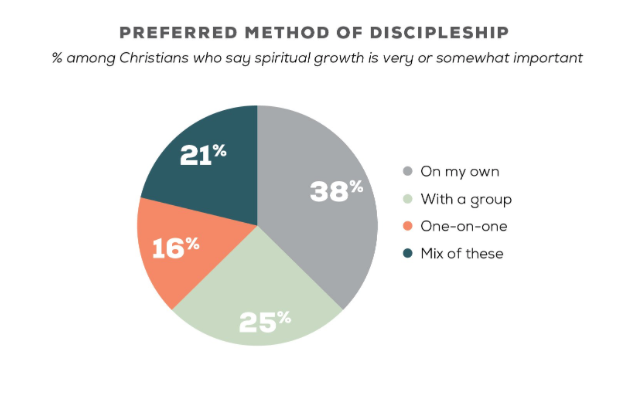
The Real News
Disciple-making is about reproducing—making other disciples. If 73% of the polled believers stated that their church places a major emphasis on spiritual growth—why is the church not making disciples?
Why is the church severely declining—with 80 to 85 percent of all Western churches in decline or stagnating?
I believe it has to do with perception. In the article, Barna stated that only 1% of church leaders believed their churches were discipling very well. That’s only 1%—one—uno—eine—en—no matter what language— just 1% believe their church is discipling very well. Opposite of doing well—60 percent (60%) of pastors state the church is not discipling well, at all!
Why would that be? Don’t three out of four Christians believe their church places a major emphasis on spiritual growth? Why the disparity?
As a pastor, I believe it’s because we (pastors) correlate discipleship with relational communion—life together. Barna’s poll revealed that 91% of pastors considered “a comprehensive discipleship curriculum” as the least-important element of effective discipleship. Yet, when polling Christians, a perception of discipleship, or spiritual growth is related to curriculum, class, and study—not relational connectivity and with-ness.
Barna notes “Only 17 percent say they meet with a spiritual mentor as part of their discipleship efforts.” That’s it! This is why the church is not growing and this is why the church is failing at making disciples. The majority of Christians do not see relational communion with others as important. And discipleship pertains to personalized spiritual disciplines.
How Did This Happen?
There’s a logical explanation—but not a quick one.
Perhaps due to infant baptism, from the fifth-century, and continuing into the Reformation period, discipleship progressed toward individual spiritual discipline more than communal interactive relationships concerning the daily rhythms of Christian life.
While catechesis still existed for new converts, the continued practice of infant baptism shifted discipleship away from the convert catechumenate (waiting three years prior to baptism, but partaking in communal life) to spiritual disciplines and devotions of individualized believers.[3]Perhaps the most notable reformer, Martin Luther, believed that discipleship guided the believer into deeper devotions toward Christ.[4] For Luther, discipleship referred to Christ’s inner working power and “not our attempts to imitate” the deeds of Christ.[5]
The early church had communal gatherings for fellowship, teaching, and life-on-life. But, due to ongoing heretical views—the church began to focus more on the individual development of personal character and devotion, along with theological and doctrinal polity. Albeit, Luther’s discipleship consisted of a deeper commitment to the spiritual devotions of prayer, fasting, and the Word of God, it was not communal.
John Calvin described discipleship as an automatic title for the regenerated believer, an identity by grace in Christ.[6] Calvin, a paedobaptist, considered all believers disciples (and I agree), but not in the same aspect of the communal spiritual nourishment, as that of the early church. For Calvin, baptism became the sign and ratified seal of a “professed” disciple (I find an infant professing anything as odd).[7] However, Calvin focused more on knowledge transference, with believers hearing the preached Word, than a day-to-day activity with believers who practiced fellowship-style catechesis and breaking of the bread (Acts 2:42–46).[8] But to his credit, Calvin believed that all Christians should carry out the commission of God within their lives.[9]
So, the problem was an eventual drifting from the early church communal relationship instruction and fellowship to a more individualized spiritual discipline-type formation. So then, you can see, for the contemporary Christian, discipleship is perceived as curriculum, not as much associated with communal spiritual growth. Discipleship became divorced from collective spiritual maturity, because it became divorced from the communal gathering and growth with others.
The solution calls for reverting back to the origin of Christ-following and being a relational disciple-maker of Christ. Disciples make disciples. Discipleship is not merelyspiritual growth, but helping others, relationally, to develop into mature disciples, who make disciples, etc.
VBS for Adults
For reasons obvious to most of our readers, I was able to attend no less than 10 (ten) VBS/Kids crusades this summer. Seven Baptist, several Pentecostals and a Methodist one.
The themes ranged from jungle journey and the Lion King to giddy up cowboys and cowgirls and world/planet/time travelling. All cool themes with lots of props and much careful preparation all in the name of bringing the Good News to the little ones. A noble cause truly worthy of any expense and labor for any church out there.
Time and length ranged from one whole day or one evening service to three nights and even several week long ones. For most of it, the ones held in most Baptist churches were designed by LifeWay and were well structured with kids constantly moving from station to station. The rest were somewhat free style, but still designed with the expectation of lots of children attending. In between each module there was candy, snacks or even a full blown supper.
The location of each VBS and the way it was designed for the crowd flow made the initial impression important. Signs welcoming and directing newcomers were grate, but the friendliness of the people made up for less signage and more human touch. Registration was a must and parents’ preferences were not taken lightly. The decorations of each room helped the children adjust to the new setting and work through the set curriculum. And yes, lots of kids made lots of mess so cleanness in class rooms, play areas and bathrooms were tended to. Some churches had a designated team that made sure the facilities were clean for the next group. And where cleanness was not intentional, it was observed that many parents did not return with their children.
Most VBS programs were designed around age groups. Some included even classes for toddlers and several had adult classes too. The ones that did not, included a family night toward the end of the week for parents to attend. A family night was a great feature for parents who did not attend but dropped their kids every night and picked them up afterwards. They were addressed with materials and opportunities for a spiritual renewal.
The thematic VBSs progressed with learning daily and build up on the previous day. The groups of children toggled between Bible lesson, crafts, games and lots of music. Kids were greatly encouraged to participate and learn the songs and dancing, recite Bible verses and answer questions from the covered material. Some parents participated too.
Prayer was made a central focal point for most of the VBSs observed. The Baptists ones, especially, had pledges of allegiance at the start of the service and assembly with prayer toward the end. A memorable experience for all children who enjoy social setting, making new friends and learn the Bible.
Here are several take ways to observe for a VBS in your church:
- Prepare for lots of children – if you have it they will come
- Train your workers. Form teams for each task. Assign measurable goals to ensure smooth moving through the program
- Self designed VBS programs work as good as the paid ones, as long as designed with the children and families in mind
- Chose the length of the event carefully with regard of your constitutions. For the most of it, less is really more.
- Do not underestimate friendliness, cleanness and the safety of the children.
- Don’t miss a family day. Everyone likes hot dogs and water slides on a hot summer day.
This goes without saying, but focus on God – it is easy to lose track and purposes in the larger design of such events.


